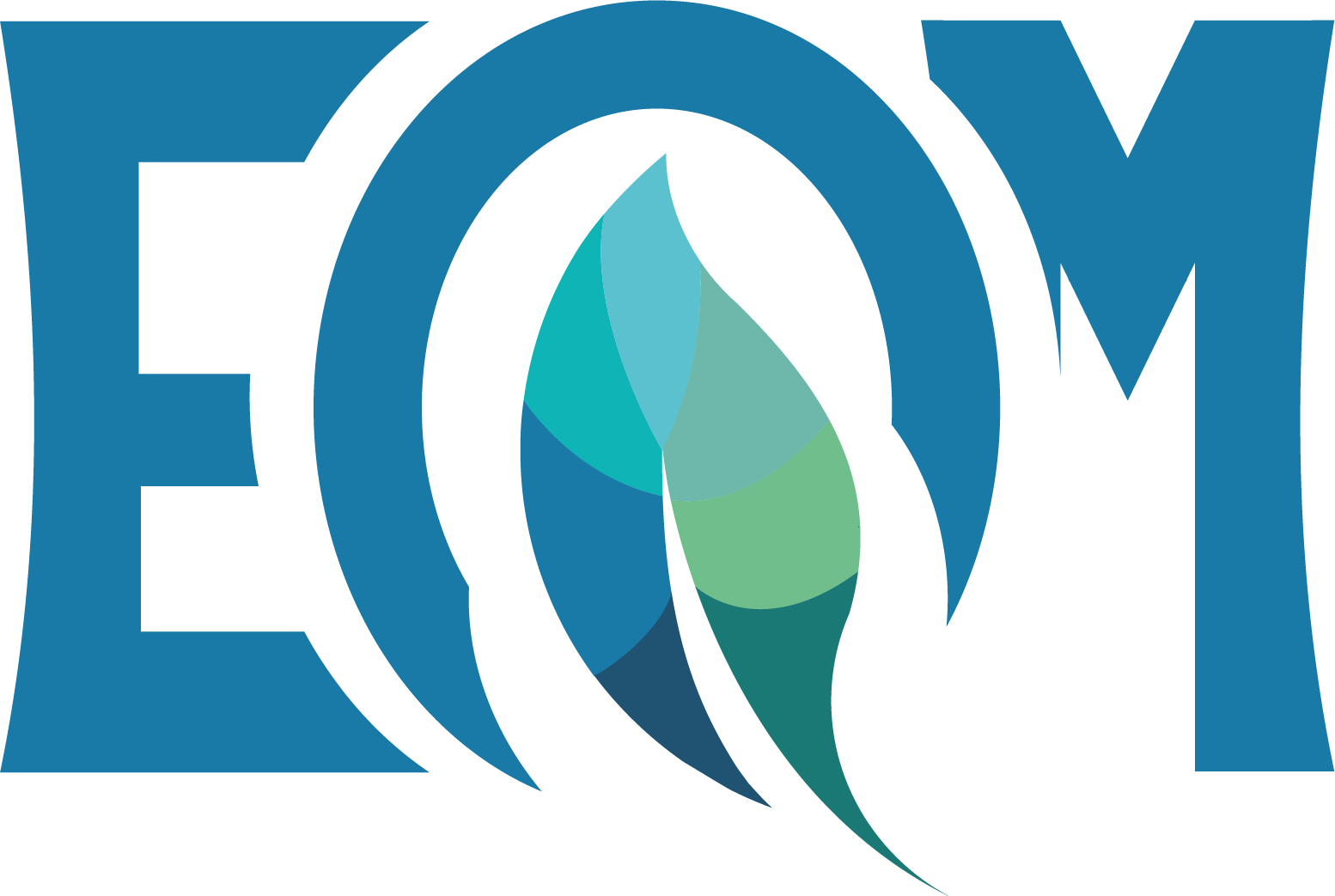
A quality management system is an integral part of an entire organisation’s Business Management System.
A QMS should be aligned with the business goals, needs and requirements for it to operate effectively. Here are some things that your QMS must deliver to get the best results.
1. Source Of Updated and Accurate Information
Your QMS should be a one-stop-shop for all your processes, policies, and procedures. Your staff should have ready access to the QMS documentation, and it should outline every aspect of your business process and guidelines on how to conduct operations effectively.
The importance of having accurate information in your quality management documentation can’t be stressed enough. Any inaccurate information can result in quality issues and unnecessary downtime. Therefore, make sure that all documentation is updated with the latest processes and accurate information.
2. Visual Depiction of An Organisation’s Processes
Reading books with endless dry content is hard, and your staff may not want to open up the quality manual and look for relevant information. Information is easier to understand if it is portrayed visually. Your quality management system should contain an accurate visual depiction of the relevant processes with the use of process maps or flowcharts.
3. Easy Access and Navigation
The last thing you want is for your quality management system to be inaccessible to members of your organisation. An easily accessible and readable QMS is essential for the smooth running of your business operations. Make sure it is available to all relevant stakeholders. Usually, companies have it available on their intranet, where they can access it with a button click.
Furthermore, the QMS also needs to have a navigation feature where your employees can get relevant information as quickly as possible. Wherever possible automate your QMS documentation, as manual activities can create a lot of hassle.
4. Achieves Compliance
One of the main reasons for implementing a QMS is to achieve compliance with regulatory requirements and requirements of the relevant ISO standard. Regular compliance audits ensures that applicable requirements are met. Outsourcing internal and supplier audits may be beneficial in terms of time and costs saving. If you don’t have the in-house expertise to create a robust QMS, consider hiring a boutique consulting firm specialising in helping businesses implement QMS and achieve compliance with relevant ISO standards.
If you’re on the lookout for a boutique consultancy firm, then check out the services provided by EQM Consult. We can help your businesses to comply with relevant standards and provide comprehensive environmental management system audits and quality management system audits. You can check our website for more information about the services, or contact us for a consultation.

Ph.D. Beata Paliwoda
Founder and Owner of EQM. Environmental and quality consultant and auditor. Professional career built in Quality Assurance departments in various companies from the automotive, aerospace, railway industries, as well as a management systems consultant. Successfully completed many complex projects related to the implementation of management systems, process improvements and business transformation. Auditor of ISO 9001, ISO 14001, AS 9100, project manager of APM, lecturer at the Poznan University of Business and Economics, researcher on the effectiveness of EMS and QMS in organisations.





